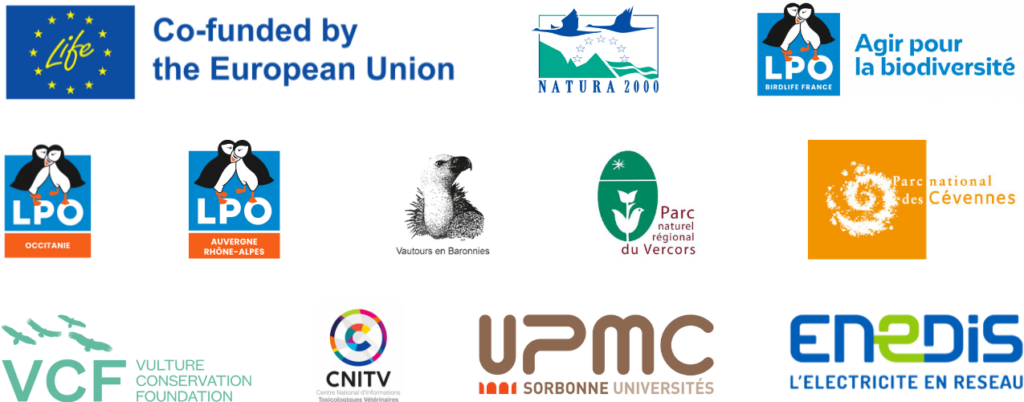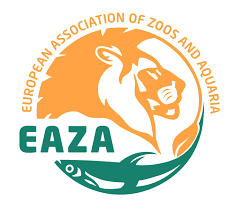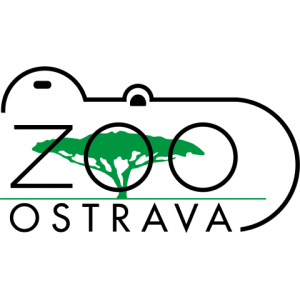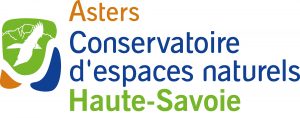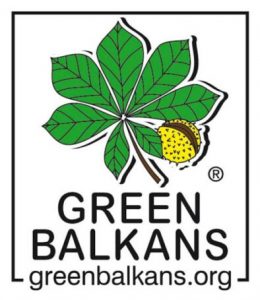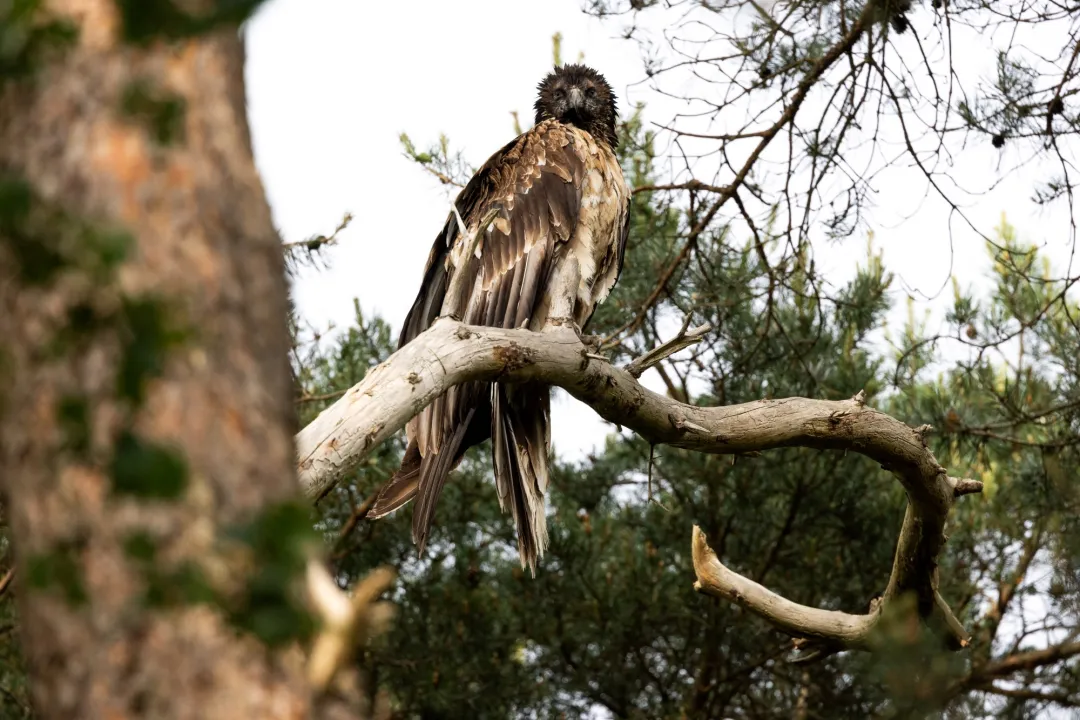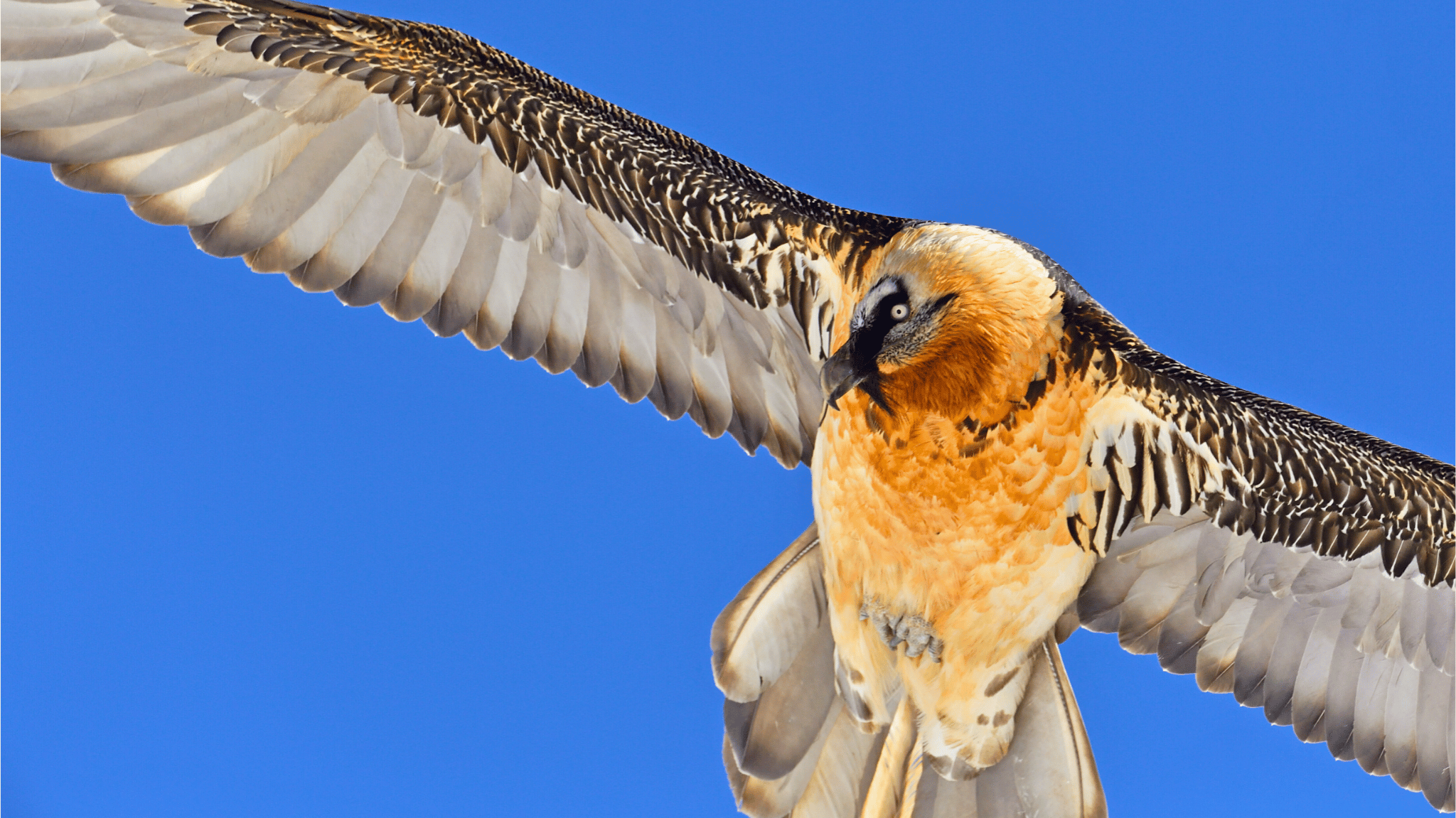After the first releases of this breeding season in Andalusia, four young captive-bred Bearded Vultures (Gypaetus barbatus) have arrived in France within the LIFE GypAct project. These juveniles will help to consolidate the Bearded Vulture population in South-eastern France, ensuring the connection between the Pyrenean and Alpine populations.
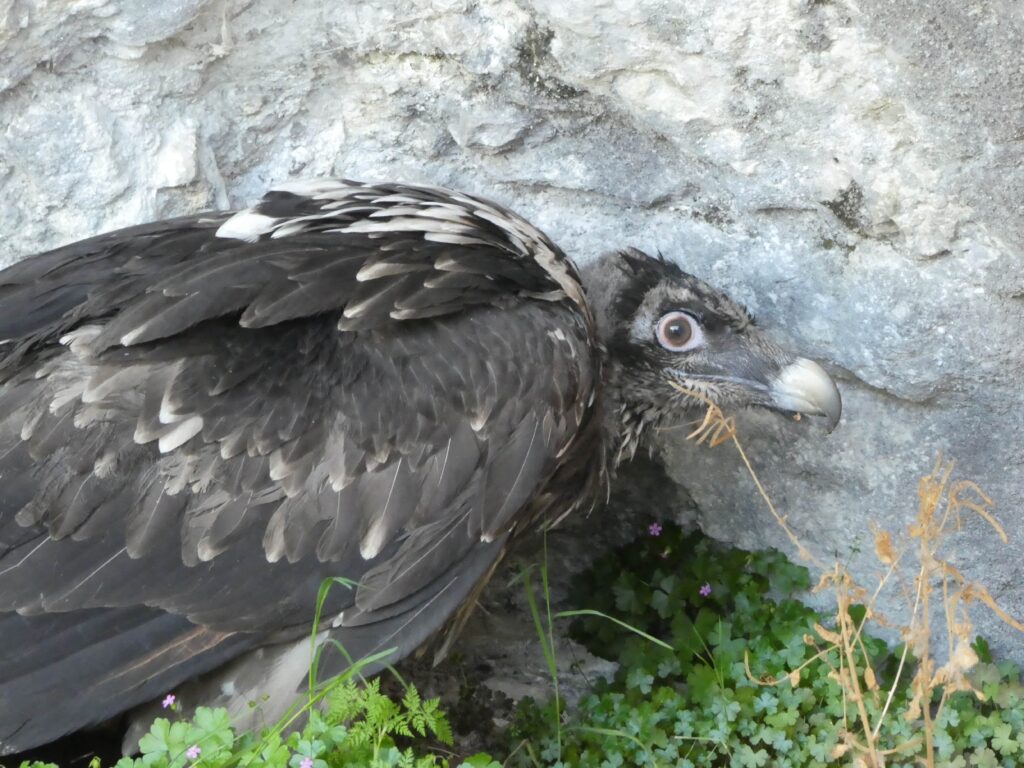
The first four captive-bred Bearded Vultures arrived in France
Four captive-bred juvenile Bearded Vultures arrived in early May at the hacking facilities in Baronnies and Aveyron, France. They will spend the next weeks socialising and developing their flying skills until they are able to leave the nest. This “hacking method” mimics the species’ natural way of fledging: birds are placed in inaccessible artificial structures in suitable habitats which resemble wild nests.
Monitoring their movements
In the next 20 to 30 days, the Bearded Vultures will be ready to take their first flight! Many released birds spend the first year in the closest mountain ranges close. After that, moved by an instinctive curiosity, they tend to expand their flight range and endure extensive journeys of thousands of km that can last several months. However, when they reach sexual maturity in 8-10 years, they select areas close to where they fledged.
Before the release, the LPO team fitted the juvenile birds with a lightweight GPS transmitter and ornithological rings. The data received will help study their dispersion range and act swiftly if the transmitter sends suspicious data. By monitoring their movements in the wild, the team can better identify and mitigate threats and find new suitable habitat areas to intervene.
The critical role of captive-breeding
Every year, within the Bearded Vulture Captive Breeding Network, coordinated by the Vulture Conservation Foundation (VCF) on behalf of EAZA’s EEP (Bearded Vulture EEP), new chicks are born and reared by Bearded Vultures held in captivity. Over 40 institutions, including Zoos, specialised breeding centres, rehabilitation and recovery centres and private collections, are partners of the Bearded Vulture EEP, a collective effort to breed the species in captivity and support their conservation in the wild.

Based on the breeding season’s results and different project needs, the VCF’s Àlex Llopis, who coordinates the network, allocates chicks to the several reintroductions and restocking programmes. The juvenile Bearded Vultures that have arrived in France hatched in Spain, at the Guadalentín specialised breeding centre, in Bulgaria, at the Green Balkans Wildlife Rehabilitation and Breeding Centre, in the Czech Republic, at the Ostrava Zoo and in France, at the Asters Breeding Centre.
Watch the short film about the release of the Bearded Vulture hatched at the Ostrava Zoo!
This has been the most productive season within the Bearded Vulture EEP, record-breaking in the number of eggs laid and chicks hatched. The 47 breeding pairs within the network have laid 80 eggs. As some eggs are infertile and some suffer complications, 35 chicks successfully hatched and survived, now ready to join ongoing conservation efforts in Europe.
Restoring the Bearded Vulture metapopulation between the Alps and the Pyrenees
The LIFE Gyp’Act conservation project aims to consolidate the Bearded Vulture population in South-eastern France, ensuring the connection between the Pyrenean and Alpine populations. The project builds on the encouraging results of LIFE GypConnect, implemented between 2015-2022, whose actions contributed to establishing six across the French Pre-Alps and the Massif Central.
The LIFE Gyp’Act project will ensure that key actors in the territory take ownership of the Bearded Vulture’s conservation objectives in a collective effort that will last until November 2028. The decades of experience in captive breeding and releases into the wild, and the long-established partnerships in the region, will be fundamental to achieving one of the main actions of the project: the reintroduction of 60 Bearded Vultures to the release sites in Parc national des Cévennes, Parc naturel régional des Grands Causses, Parc naturel régional des Baronnies provençales and Parc Naturel Régional du Vercors.
This season, another four Bearded Vultures will be released in south-eastern France. Stay tuned for the coming project developments. We hope the four Bearded Vultures released have a bright future ahead!
The LIFE GypAct project

LIFE Gyp’Act is a 13M€ project, co-funded by the EU’s LIFE programme, that will run until 30 November 2028. Project partners are LPO – Ligue pour la Protection des Oiseaux as coordinator beneficiary, and the Vulture Conservation Foundation, Association Vautours en Baronnies, LPO Auvergne-Rhone-Alpes, LPO Occitanie, Sorbonne Université, ENEDIS, Centre National d’Informations Toxicologiques Vétérinaires, Parc National des Cévennes and Parc Naturel Régional du Vercors as associated beneficiaries.
